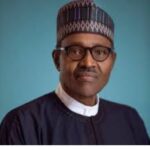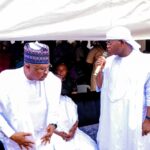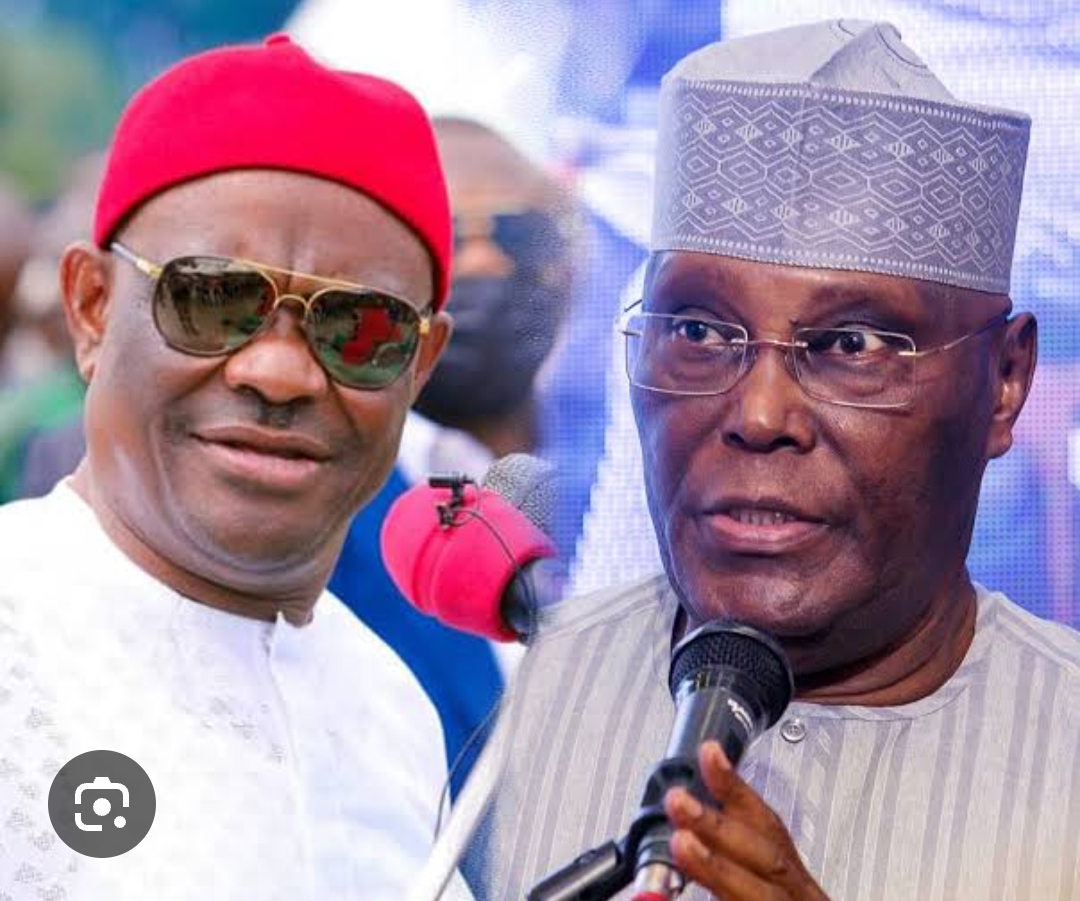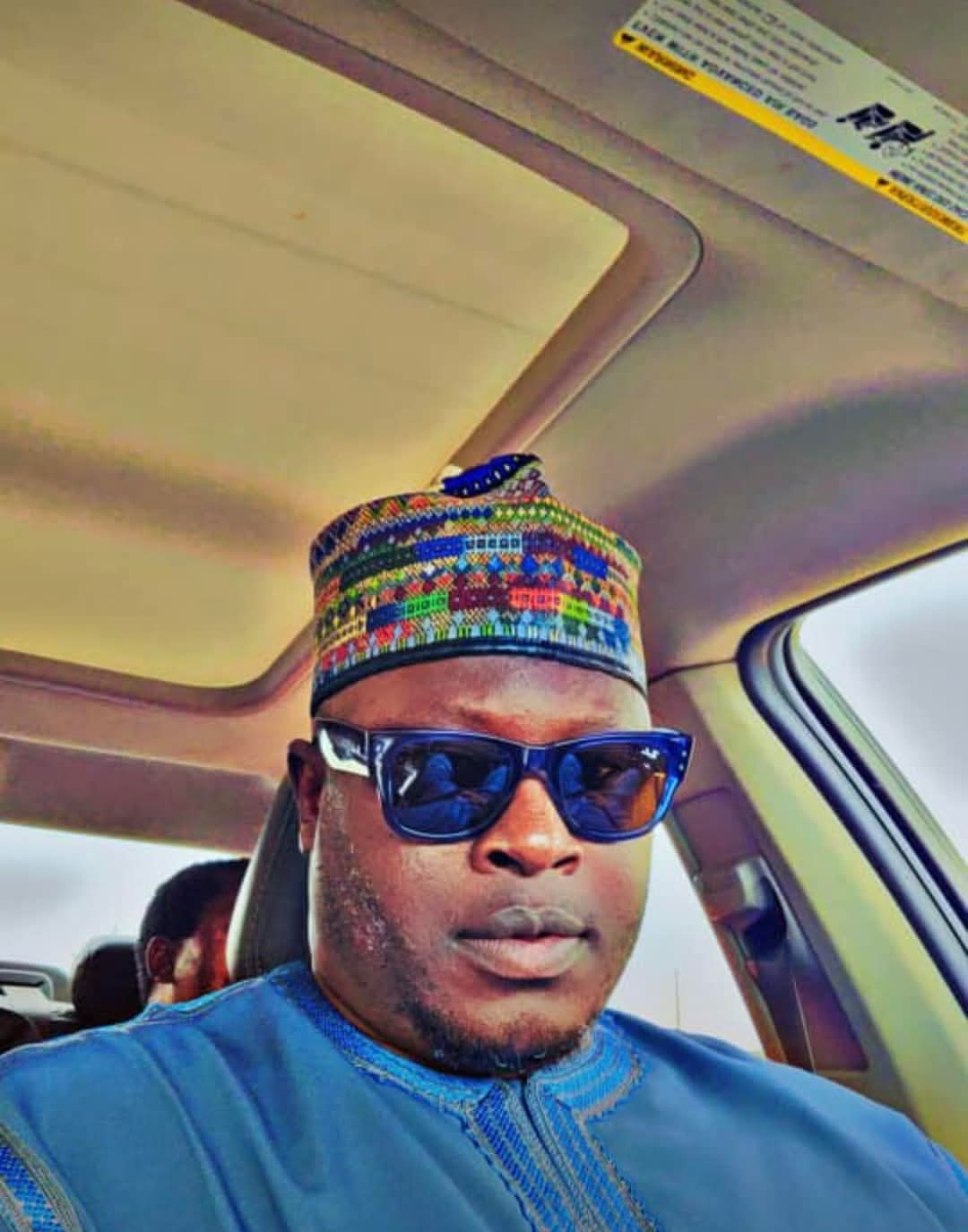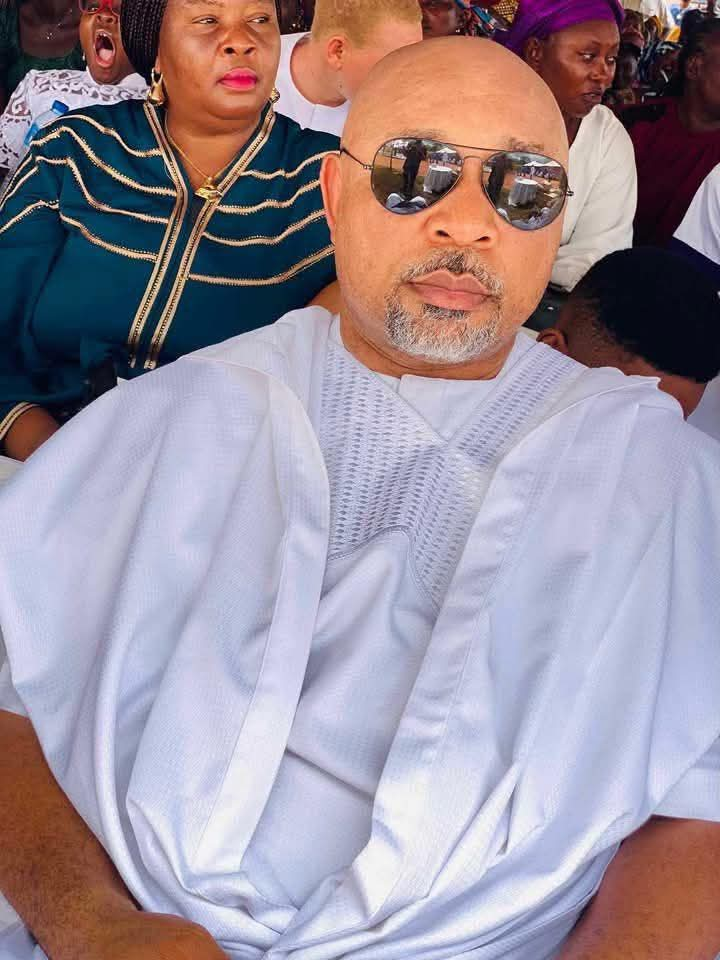By Christopher Sunday
voxnews.com.ng
In the annals of political philosophy, Plato once warned against the rule of those whose desires are not tethered to the good of the republic but to their personal ambitions. He argued that when those who seek power do so only to fulfill a personal longing, and not out of a sense of duty to justice, the polis — the political community — suffers disintegration from within. This classical wisdom echoes profoundly in Nigeria’s contemporary political landscape, particularly within the People’s Democratic Party (PDP), where personal ambition has become more important than collective growth, and self-centered pursuits have replaced ideological discipline.
In truth, leadership is not merely about occupying a position; it is a moral burden, a duty that calls for responsibility, consistency, and vision. Yet, what happens when a man desires the highest office in the land but cannot manage the house from which he campaigns? What moral right does he have to govern a republic if he cannot unify a party? What justice can he promise to millions when he cannot mediate peace among dozens?
The unfolding events in the PDP — laid bare by the recent statement of Nyesom Wike — offer not just political scandal but a philosophical dilemma: Can a man repeatedly seek to lead a nation without first proving himself as a leader within his immediate political structure? What is the essence of power pursued in isolation from purpose, from people, from principle?
It is within this reflective framework that we must evaluate the silence of Alhaji Atiku Abubakar — a man who has turned the noble pursuit of presidency into a solitary obsession, detached from the ethics of party loyalty and devoid of the moral weight of statesmanship.
What follows is not just political critique. It is a sober reflection on the crisis of leadership in Nigeria and how the PDP, once a bastion of national aspiration, is now a victim of egotism, silence, and the decay of collective purpose. The tragedy of the PDP is not merely in the actions of those like Wike or Makinde, but more damningly in the inaction of Atiku Abubakar — the man who would be president, yet not the leader his party needs.
The recent internal convulsion rocking the People’s Democratic Party (PDP) underlines one undeniable truth — that Alhaji Atiku Abubakar is not a serious politician committed to nation-building, but rather a man consumed by the perennial desire to be president at any cost, even if it means watching his own political house burn.
The explosive and detailed statement from Nyesom Wike is more than a cry of betrayal — it is a testimony to the disintegration of trust, order, and leadership in the PDP. From accusations against Oyo State Governor Seyi Makinde to allegations of blatant disregard for agreements reached with party stakeholders, the message is clear: PDP is no longer led by ideology or discipline, but by personal alliances, grudges, and clandestine ambitions.
But in all this chaos, where is Atiku Abubakar?
This is a man who served as Nigeria’s Vice President for eight years. A man who has been a serial presidential aspirant under multiple political platforms. A man who claims to possess the experience and wisdom to govern a complex and divided nation. Yet, he remains stunningly silent and impotent as his party crumbles under the weight of internal treachery and betrayal. If Atiku cannot assert moral or political authority over a fractured PDP, how then does he expect Nigerians to trust him with a country of over 200 million people?
The real tragedy of PDP’s crisis is not in Wike’s rebellion or Makinde’s alleged betrayals, but in Atiku’s inability — or refusal — to lead. His silence is not neutrality; it is complicity. His absence is not diplomacy; it is cowardice. One would expect that a leader of Atiku’s stature should rise above petty politics and reconcile aggrieved stakeholders. But instead, he retreats, watching as the fire consumes the bridge to his ambition.
Wike’s recent withdrawal from all agreements, the open betrayal of internal resolutions, and the power tussles over party positions have become symptoms of a deeper disease — a party with no center, no moral compass, and no decisive leader.
Atiku Abubakar may be a man of means, of connections, and of ambition. But he has failed the fundamental test of leadership: to lead from the front when it matters most. Great political leaders unify, heal, and inspire. Atiku has chosen instead to be a shadow in the storm — present in body, but absent in courage.
The PDP today teeters on the brink of collapse not simply because of Wike or Makinde, but because its most prominent figure has chosen self-interest over sacrifice, and silence over statesmanship.
If Atiku truly wants to be president, he must first prove that he can be a leader. Unfortunately, recent events make it clear: he is not.


